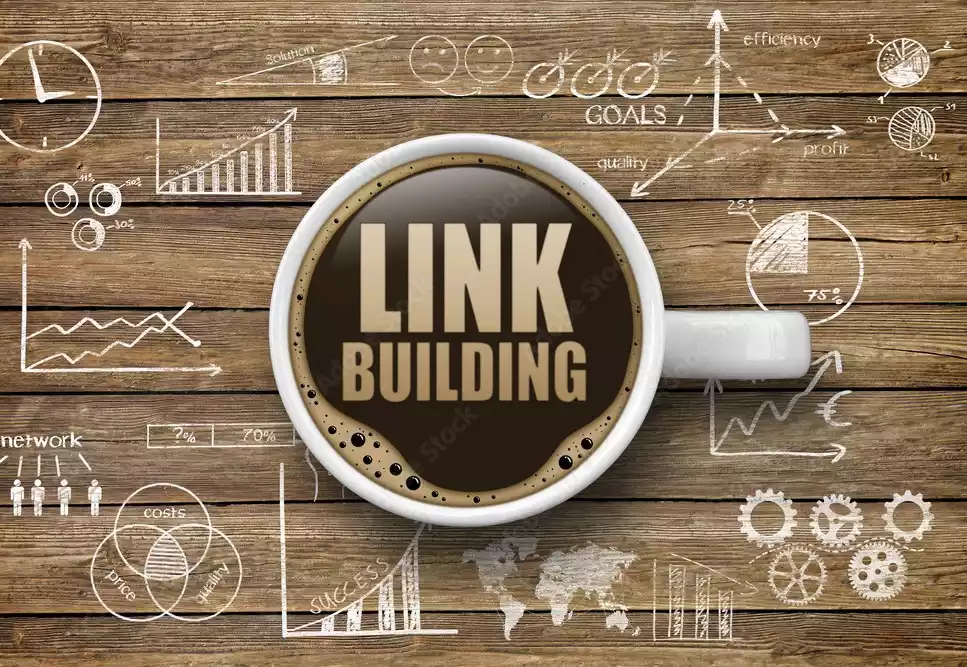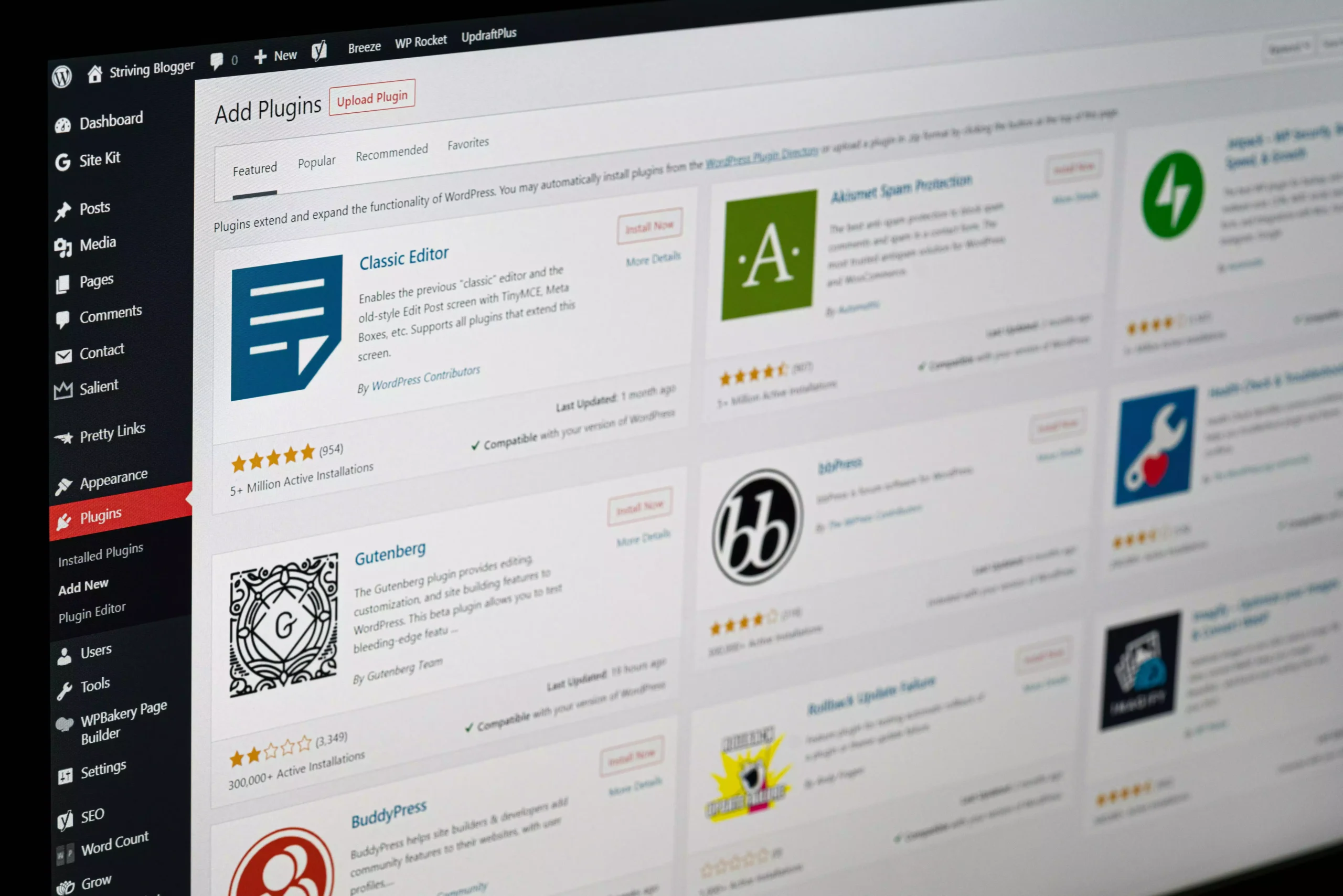Optimizing your WordPress website for search engine optimization (SEO) is essential to improve its visibility and attract organic traffic. By implementing effective SEO strategies, you can enhance your website’s chances of ranking higher in search engine results pages.
Introduction
In today’s digital landscape, having a well-optimized website is crucial for businesses and individuals looking to increase their online visibility.WordPress, a widely used content management system (CMS), empowers countless websites across the globe. In this article, we will explore the steps to optimize a WordPress website for search engine optimization (SEO). By following these guidelines, you can improve your website’s chances of ranking higher in search engine results and attracting organic traffic.
Table of Contents
Understanding SEO
Before diving into the optimization techniques for WordPress websites, it’s essential to have a solid understanding of SEO. Search engine optimization is the practice of optimizing your website to enhance its visibility and organic traffic from search engines like Google. SEO involves various strategies, including keyword research, on-page optimization, content optimization, technical SEO, and link building.
Importance of SEO for WordPress Websites
Like any other website, you can benefit greatly from SEO. By implementing effective search engine optimization techniques on your WordPress website, you can:
- Increase Organic Traffic: Higher search engine rankings lead to increased organic traffic, as users are more likely to click on websites listed on the first page of search results.
- Improve User Experience: SEO practices, such as optimizing website speed and mobile responsiveness, enhance the overall user experience, leading to lower bounce rates and higher engagement.
- Gain Competitive Advantage: By outranking your competitors in search results, you can establish your brand as an authority in your industry and attract potential customers.
Keyword Research

The cornerstone of a triumphant SEO approach lies in conducting comprehensive keyword research. This critical process entails the identification of the specific words and phrases employed by your intended audience when seeking out pertinent information or products.
When conducting keyword research for your WordPress website, consider the following steps:
- To determine your target audience and their browsing habits, analyze their search behavior. Employ tools such as Google Keyword Planner, SEMrush, or Ahrefs to uncover appropriate keywords that exhibit substantial search volumes and a reasonable level of competition.
- Give priority to long-tail keywords since they offer greater specificity and yield superior conversion rates.
- Analyze the keyword difficulty and prioritize keywords that are easier to rank for initially.
On-Page Optimization
On-page optimization refers to optimizing individual web pages to improve their visibility in search results and attract organic traffic. When optimizing your WordPress website’s on-page elements, consider the following factors:
- Title Tags: Create distinctive, informative, and keyword-optimized title tags for every individual page. Keep them under 60 characters to ensure they appear fully in search results.
- Meta Descriptions: Craft captivating meta descriptions that provide a concise summary of the page’s content, enticing users to click and explore further. Keep them around 160 characters.
- Headings (H1, H2, H3, H4): Use headings to structure your content and make it easier for both users and search engines to understand. Ensure your primary keyword is included in the H1 heading.
- URL: Crafting SEO-friendly URLs is essential for your website’s success. Ensure your URLs incorporate pertinent keywords and are reader-friendly.
- Image Optimization: Optimize images by compressing their size, adding descriptive alt tags, and using relevant filenames.
- Internal Linking: Link relevant pages within your website to enhance the navigation and distribute link equity.
Content Optimization
Producing top-notch content that is both informative and captivating plays a pivotal role in achieving SEO triumph. When optimizing your WordPress website’s content, keep the following tips in mind:
- To optimize your content for search engines, it is crucial to place your target keywords strategically within your content, including the title, headings, and body text. However, it is important to avoid overusing keywords, as excessive keyword stuffing can have a detrimental effect on your search engine rankings.
- In addition to keyword placement, it is equally important to prioritize readability when creating your content. Ensure that your writing is clear, concise, and easily comprehensible to your audience. Utilize shorter sentences, paragraphs, and bullet points to enhance the overall readability of your content.
- Fresh and Relevant Content: Regularly update your website with fresh and relevant content. Search engines value websites that provide up-to-date information.
- User Intent: Understand the intent behind search queries and create content that satisfies user needs. Shift your attention towards delivering valuable content and addressing frequently asked inquiries.
Meta Tags and Descriptions
Meta tags and descriptions provide additional information about your web pages to search engines and users. While meta tags are not a direct ranking factor, they can influence click-through rates and user engagement. When optimizing your WordPress website’s meta tags and descriptions, follow these guidelines:
- Title Tags: Craft unique and descriptive title tags that accurately reflect the content of each page. Include your primary keyword but avoid keyword stuffing.
- Meta Descriptions: Write compelling meta descriptions that provide a concise summary of the page’s content. Aim to entice users to click by highlighting the unique value your page offers.
URL Structure
The URL structure of your WordPress website plays a role in both user experience and SEO. Follow these best practices for creating SEO-friendly URLs:
- Keep URLs Short: Shorter URLs are easier to read and remember. Avoid lengthy URLs that contain unnecessary parameters or session IDs.
- Use Keywords: Include relevant keywords in your URLs to provide search engines and users with an idea of what the page is about.
- Hyphens for Separation: Use hyphens (-) to separate words in your URLs. Avoid using underscores (_) or spaces, as they can cause readability issues.
Website Speed

Website speed is a critical factor for both user experience and SEO. A slow-loading website can lead to higher bounce rates and lower search engine rankings. Consider the following steps to optimize your WordPress website’s speed:
- Use a Reliable Hosting Provider: Choose a reputable hosting provider that offers fast servers and reliable uptime.
- Optimize Images: Compress and resize images to reduce their file size without sacrificing quality. Utilize lazy loading techniques to load images only when they come into view.
- Minify CSS and JavaScript: Minify and combine CSS and JavaScript files to reduce the number of requests and improve page load times.
- Use Caching: Implement caching mechanisms, such as browser caching and server-side caching, to store static versions of your website and serve them faster to users.
Mobile Optimization
With the majority of internet users accessing websites through mobile devices, mobile optimization is crucial for SEO. Follow these practices to ensure your WordPress website is mobile-friendly:
- Responsive Design: Use a responsive WordPress theme that adjusts to different screen sizes and devices.
- Mobile-Friendly Testing: Use Google’s Mobile-Friendly Test tool to check if your website is mobile-friendly and identify any issues that need to be addressed.
- Touch-Friendly Elements: Optimize your website’s design and user interface to provide a seamless experience for touch-based interactions.
- Page Speed: Optimize your website for fast loading on mobile devices by implementing the strategies mentioned earlier.
Technical SEO

Technical SEO involves optimizing the technical aspects of your WordPress website to improve its visibility in search results. Consider the following technical SEO elements:
- XML Sitemaps: Generate and submit an XML sitemap to search engines to help them crawl and index your website’s pages more efficiently.
- Robots.txt: Use a robots.txt file to control search engine bots’ access to specific pages or directories on your website.
- Canonical URLs: Implement canonical URLs to indicate the preferred version of duplicate content to search engines.
- Structured Data Markup: Use structured data markup, such as Schema.org, to provide additional context and information about your website’s content.
User Experience

User experience (UX) plays a vital role in SEO. A positive user experience leads to longer visit durations, lower bounce rates, and increased engagement. Consider the following UX optimization tips:
- Clear Navigation: Ensure your website has a clear and intuitive navigation structure that allows users to find the information they need easily.
- Mobile-Friendly Design: Prioritize mobile optimization to provide a seamless experience across devices.
- Page Layout and Formatting: Use a clean and organized layout, with proper headings, paragraphs, and whitespace, to enhance readability.
- Call-to-Action (CTA): Include clear and compelling CTAs on relevant pages to guide users toward desired actions, such as signing up for a newsletter or making a purchase.
Link Building

Link building is an essential aspect of off-page SEO. By acquiring high-quality backlinks from authoritative websites, you can boost your WordPress website’s credibility and search engine rankings. Consider these link-building strategies:
- Guest Blogging: Contribute guest posts to reputable websites in your industry, including a link back to your website in your author bio or content.
- Outreach: Reach out to relevant bloggers, influencers, or website owners to request backlinks or collaborate on content.
- Content Promotion: Share your high-quality content on social media platforms, online communities, and industry-specific forums to attract organic backlinks.
- Internal Linking: Strategically link relevant pages within your website to enhance the navigation and distribute link equity.
Conclusion
Optimizing a WordPress website for SEO is a continuous process that requires attention to various aspects, including keyword research, on-page optimization, content creation, technical SEO, and link building. By following the strategies outlined in this article, you can improve your website’s visibility in search engine results, attract organic traffic, and grow your online presence. Remember to stay up to date with the latest SEO trends and algorithm updates to adapt your optimization efforts accordingly.
FAQs

1. How long does it take to see the results of SEO on a WordPress website?
The time it takes to see SEO results on a WordPress website can vary depending on various factors, such as the competitiveness of your industry, the quality of your optimization efforts, and the frequency of search engine crawls. Generally, it can take several weeks to months before noticeable improvements in rankings and organic traffic occur.
2. Is it necessary to hire an SEO professional for WordPress website optimization?
While it is possible to optimize a WordPress website for SEO without professional help, hiring an SEO professional or agency can provide valuable expertise and save you time. They can perform an in-depth analysis of your website, implement advanced optimization techniques, and monitor your SEO progress regularly.
3. Are there any SEO plugins available for WordPress?
Yes, there are several SEO plugins available for WordPress that can assist in optimizing your website. Some popular options include Yoast SEO, All in One SEO Pack, and Rank Math. These plugins offer features such as XML sitemap generation, meta tag customization, content analysis, and more.
4. Can I optimize my WordPress website for multiple keywords?
Yes, you can optimize your WordPress website for multiple keywords. However, it’s important to maintain relevance and avoid keyword stuffing. Each page or blog post should target a primary keyword while incorporating related keywords naturally throughout the content.
5. Should I focus more on on-page optimization or off-page optimization?
Both on-page and off-page optimization are crucial for a well-rounded SEO strategy. On-page optimization ensures your website’s pages are optimized for search engines and user experience. Off-page optimization, such as link building, helps increase your website’s authority and credibility. Balancing both aspects will yield the best long-term results.
Get Access Now: https://designmaniabd.com/













